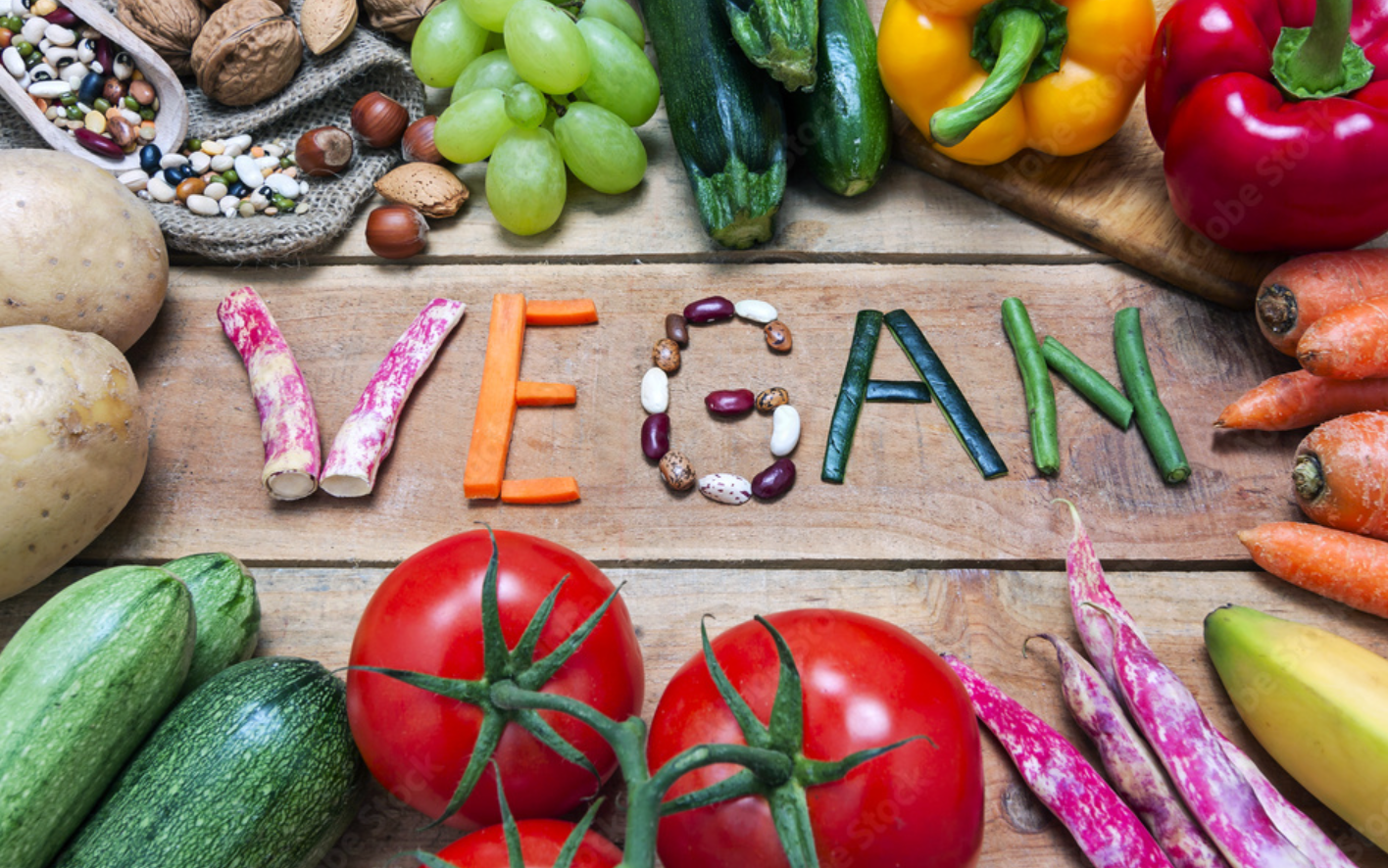In a world increasingly concerned about health, the environment, and animal welfare, the vegan diet has emerged as a popular choice. But amid all the buzz, you might wonder: Is it really the healthiest option out there? Let’s explore the benefits and challenges of a vegan diet in a way that’s relatable and easy to understand.
Benefits of a Vegan Diet
- Nutrient Powerhouse: Imagine your plate filled with colorful fruits, vibrant veggies, hearty grains, and a variety of nuts and seeds. A vegan diet, when done right, is brimming with essential vitamins, minerals, and antioxidants. These nutrients are like little superheroes, working to keep you healthy and energized.
- Heart Happy: One of the standout benefits of a vegan diet is its potential to improve heart health. Since it’s typically lower in saturated fats and cholesterol, your heart can thrive. Vegans often enjoy lower blood pressure and healthier cholesterol levels, reducing the risk of heart disease.
- Weight Wise: Struggling with weight management? A vegan diet might be a game-changer. Plant-based foods tend to be lower in calories and higher in fiber, helping you feel full and satisfied without overindulging. Many people find that shedding those extra pounds becomes a bit easier.
- Chronic Disease Fighter: Studies suggest that vegans have a lower risk of developing chronic diseases like type 2 diabetes and certain cancers. The secret lies in the fiber and phytonutrients found abundantly in plant-based foods, which play a crucial role in maintaining good health.
- Digestive Delight: Ever felt bloated or constipated? The high fiber content in a vegan diet promotes healthy digestion and regular bowel movements. Say goodbye to those uncomfortable digestive issues!
Potential Challenges of a Vegan Diet
- Mind the Nutrients: While a vegan diet can be incredibly nutritious, it requires some thoughtful planning. Nutrients like vitamin B12, iron, calcium, omega-3 fatty acids, and protein, often found in animal products, need special attention. Supplements or fortified foods can help fill these gaps.
- Social Situations: Let’s face it, eating out or attending social events can sometimes be a bit tricky for vegans. Not all restaurants or gatherings offer plant-based options, making it challenging to stick to your diet in social settings. But with a bit of creativity and preparation, it’s manageable.
- Processed Pitfalls: Just because something is vegan doesn’t automatically make it healthy. There are plenty of highly processed vegan foods out there loaded with sugars, unhealthy fats, and artificial ingredients. Focusing on whole, unprocessed foods is key to reaping the health benefits.
Balancing the Diet
Thinking about giving veganism a try? Here are some practical tips to keep your diet balanced and nutritious:
- Variety is Key: Eat a wide range of fruits, vegetables, grains, legumes, nuts, and seeds to ensure you’re getting a broad spectrum of nutrients.
- Supplement Smartly: Consider supplements for those hard-to-get nutrients like vitamin B12, vitamin D, and omega-3 fatty acids.
- Stay Informed: Keep learning about nutrition to ensure your diet remains balanced. Consulting with a registered dietitian can provide personalized guidance.
Is Vegan the Healthiest Diet?
The million-dollar question doesn’t have a one-size-fits-all answer. For many, a vegan diet can be incredibly healthy, especially when it’s diverse and well-planned. But it’s not the only path to good health. Diets like the Mediterranean diet, rich in fruits, vegetables, whole grains, and healthy fats, also offer significant health benefits.
Ultimately, the healthiest diet is one that includes a variety of nutrient-dense foods and is sustainable for you in the long run. Whether that’s vegan, vegetarian, Mediterranean, or another balanced eating plan, the goal is to find what makes you feel your best.
Conclusion:
A vegan diet offers numerous health perks, from improved heart health to better weight management and a reduced risk of chronic diseases. However, it’s essential to approach it with careful planning to meet all your nutritional needs. Whether you decide to go vegan or choose another healthy eating plan, focus on whole, nutrient-rich foods to support your overall well-being.
Approaching the topic with a balanced view allows us to appreciate the benefits of a vegan diet while also recognizing the importance of personalized dietary choices. Your journey to better health is uniquely yours, and finding what works best for you is what truly matters.
Also Read:
